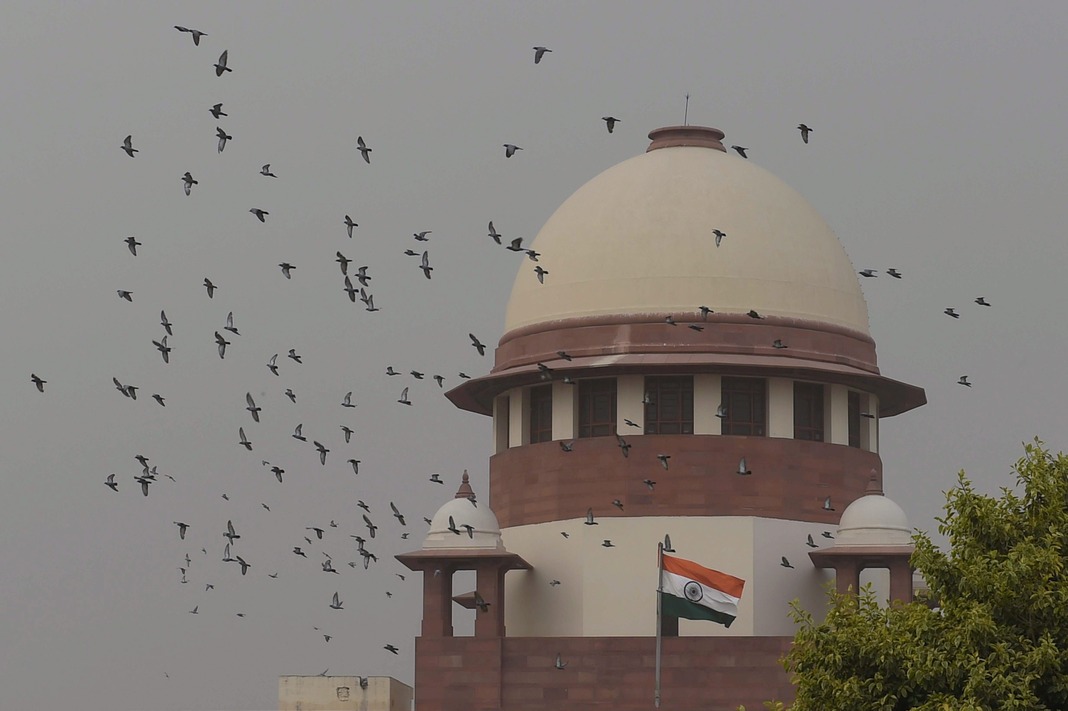Guwahati, Feb 6: The Supreme Court has barred the Centre and state governments from reducing forest land unless compensatory land is provided, reinforcing environmental safeguards amid concerns over deforestation and regulatory loopholes.
A bench comprising Justices BR Gavai and K Vinod Chandran issued the directive, stating, “Until further orders, no steps will be taken by the Union or any of the states which would lead to a reduction of the forest land unless a compensatory land is provided either by the state government or the Union of India for afforestation.”
The ruling came while hearing multiple petitions, including one by retired IFS officer Ashok Kumar Sharma, challenging the amendments to the Forest Conservation Act, 1980 (renamed as Van (Sanrakshan Evam Samvardhan) Adhiniyam, 1980). The petitioners argue that the amendments dilute the landmark 1996 T.N. Godavarman v. Union of India judgment, which had expanded the definition of forest land to include all ecologically significant areas, regardless of ownership.
The petitioners, including environmental activists and former bureaucrats, warned that the amended Act facilitates uncontrolled deforestation, illegal diversions, and minimal regulatory oversight. They alleged that despite the Supreme Court’s February 2024 directive to uphold the 1996 judgment and form new expert committees to reassess forest classifications, the process remains stalled. The incomplete and sketchy reports from state expert committees (SECs), as uploaded by the Ministry of Environment, Forest & Climate Change (MoEF&CC), raise further concerns.
Additionally, the affidavit submitted by the petitioners revealed alarming statistics that between April and December 2024, MoEF&CC held eight Forest Advisory Committee (FAC) meetings, approving the diversion of 1,753.02 hectares of forest land.
The petitioners submitted that 37 out of 56 proposals were cleared, with 16 deferred and three not considered.
The petitioners also submitted that in 14 cases, no compensatory afforestation (CA) land was provided, violating the Adhiniyam and Consolidated Guidelines.
The petitioners stated that instead of securing equivalent non-forest land for afforestation, degraded forest land was accepted, undermining the “tree for tree, land for land” principle of CA compliance.
The petitioners further pointed out gaps in the Indian State Forest Report (ISFR) 2023, which failed to account for the loss of 300,000 hectares of forest land between 2008 and 2023, despite a ministerial statement confirming these clearances.
With the next Supreme Court hearing scheduled for March 4, environmentalists await further judicial intervention to ensure strict enforcement of forest conservation laws and prevent further ecological damage.




